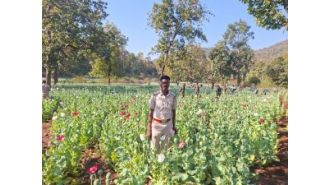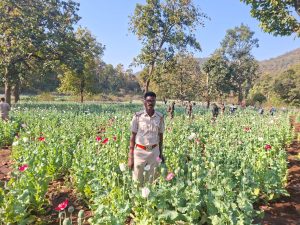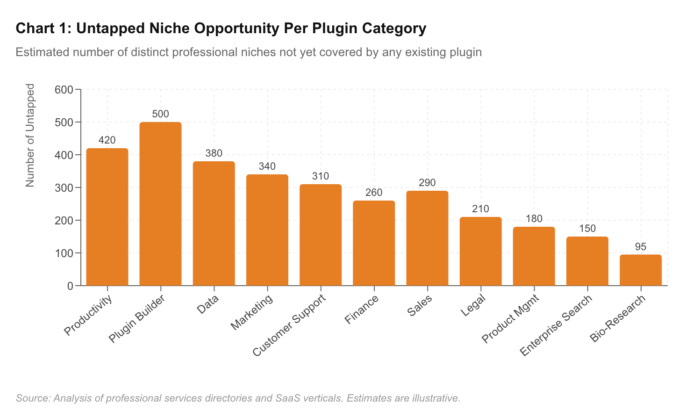A family is suing an Aurora facility after their loved one died in ICE custody due to an untreated blood clot.
Melvin's last days were filled with excruciating agony.

A tragic story has emerged of a Nicaraguan man, Melvin Ariel Calero Mendoza, who died while seeking asylum in the United States. According to his family, Mendoza passed away due to an undiagnosed blood clot, and they are now taking legal action against the private detention center where he was being held.
His wife, Dorling Peralta Rivera, and their two children paint a heartbreaking picture of Mendoza's final days. They claim that he repeatedly sought medical attention for severe pain in his right leg, but his pleas were ignored by the staff at the Aurora Contract Detention Facility. On October 13, 2022, Mendoza collapsed in the common area of the facility and was pronounced dead shortly after. It was later determined that the cause of death was a blood clot that had traveled from his leg to his lungs.
The family's lawsuit states that Mendoza's death was preventable, and he was not given proper medical treatment. They allege that all he received for his excruciating pain was over-the-counter medication and ice packs. The GEO Group, the company in charge of managing the facility, has not responded to requests for comment, and U.S. Immigration and Customs Enforcement (ICE) has stated that they do not comment on ongoing litigation.
At the time of Mendoza's death, the facility only had one licensed physician, Cary Walker, serving a population of 1,500 detainees. The lawsuit also names Walker as a defendant, along with The GEO Group. The facility's medical staff consisted of one physician assistant, eight registered nurses, and six licensed practical nurses. The lawsuit claims that the licensed practical nurses were expected to perform duties outside of their training and were responsible for diagnosing and creating treatment plans, despite having less training than other medical staff.
The lawsuit also highlights the facility's history of failing to meet national health care standards and references concerns raised by the U.S. Department of Homeland Security's Office for Civil Rights and Civil Liberties and third parties like the American Civil Liberties Union. In a report obtained by NPR, a medical doctor who visited the facility in 2018 observed several areas of poor performance and noted that the detainees' health and well-being were at risk.
The ACLU also released a report in 2019, describing the conditions at the facility as inhumane and atrocious. The report detailed multiple cases of inadequate or delayed medical care, including the stories of two other detainees who died while in custody. Kamyar Samimi passed away from a heart attack after weeks of opioid withdrawals, which were not properly treated, and Evalin-Ali Mandza died after waiting nearly an hour for 911 to be called when he complained of chest pain.
The same stories mentioned in the ACLU's report are echoed in Mendoza's family's lawsuit. Kamyar's death and the delayed 911 call in Evalin-Ali's case are also mentioned as examples of the facility's failure to provide adequate medical care. The lawsuit also highlights the mishandled 911 call in Mendoza's case, where an employee inaccurately reported his condition and location.
Mendoza's death has left his wife and children devastated. They had hoped to reunite with him in the United States, where they fled to escape the dangerous and unstable conditions in Nicaragua. Rivera had made the journey to the U.S. in 2020, and Mendoza followed in 2022, leaving their children with a grandparent. ICE determined that Mendoza should be detained while he pursued his asylum claim, and he was brought to the Aurora facility in May 2022.
The family's lawsuit states that Mendoza sought medical attention on August 31, 2022, for pain and swelling in his right foot. He met with a licensed practical nurse who gave him medication and advised him not to put weight on his foot. Despite his symptoms persisting and even worsening, Mendoza was only given the same treatment on two subsequent visits to the medical staff. On October 13, 2022, when he collapsed, it was too late. He was transported to the hospital, where he could not be resuscitated.
The family's lawsuit claims that the facility had multiple opportunities to diagnose and treat Mendoza's blood clot, but they failed to do so, ultimately leading to his death. Mendoza's wife and children are seeking unspecified damages for the facility's neglect and inadequate medical care. This tragic story serves as a reminder of the importance of proper medical care for all individuals, regardless of their immigration status.










